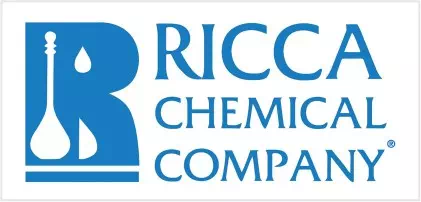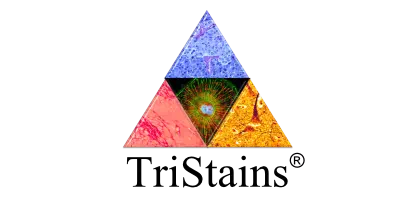Environmental Chemistry
Environmental chemistry: Environmental chemistry is a scientific field that focuses on studying the chemical and biochemical processes that occur in natural environments. It involves investigating the origins, reactions, movement, impacts, and fates of chemical substances in the air, soil, and water ecosystems. It also examines how human and biological activities influence these processes. Environmental chemistry is an interdisciplinary field that includes atmospheric, aquatic, and soil chemistry. It heavily relies on analytical chemistry and has connections to other scientific disciplines such as physical chemistry, organic chemistry, inorganic chemistry, epidemiology, public health, biochemistry, biology, and toxicology. The main goal of environmental chemistry is to thoroughly assess the risks associated with different chemicals in order to develop solutions for environmental safety. It is also used to examine the environmental impacts of new products. Additionally, environmental chemistry plays a crucial role in protecting groundwater from pollution caused by soil, dust, and waste particles. It helps safeguard surface water by using processes like sedimentation, bacteriological treatment, and radiation treatment to remove contaminants. Furthermore, environmental chemicals are used to preserve soil quality, using indicators like ecotoxicological and chemical assessments. Environmental labs need to be able to detect even trace levels of contaminants that could be harmful to humans and wildlife. To be able to detect these levels of acids, solvents and other chemicals are needed with low levels of these impurities. Dawn Scientific offers a broad line of low trace metal acids, solvents for residue analysis and other products used in today’s environmental laboratory.
Please contact our sales team sales@dawnscientific.com for all your requirements and we will be glad to be of your service.
List of Chemicals
Related applications































































